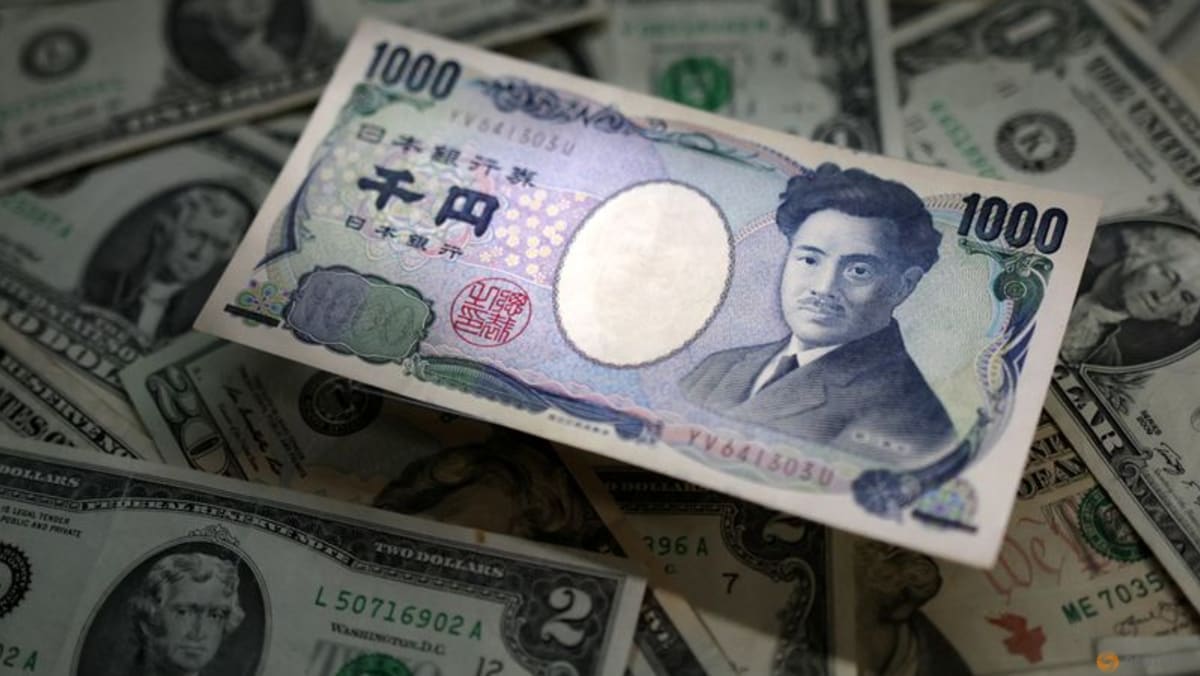Japanese investors turned net sellers of overseas bonds in March for the first time in three months, fuelled by a decline in U.S. yields, but they ramped up purchases of foreign equities, aided by retail investment flows.
Japanese investors sold 902.7 billion yen ($6.14 billion) in long-term foreign bonds in March, reversing February’s net purchases of 3.3 trillion yen, data from the finance ministry showed.
They bought a net 2 trillion yen worth of foreign stocks last month, the highest on records, the data showed.
Investment trust management firms bought 1.11 trillion yen in foreign stocks, while trust accounts acquired 763.8 billion yen, ending a six-month selling streak.
Life insurers continued divesting, offloading 391.4 billion yen in foreign equities for a third consecutive month.
Barclays said trust accounts and investment trusts ramped up foreign equity purchases in March, probably supported by NISA-related buying, with steady purchases seen through the month, except during a brief U.S. market dip.
NISA, or the Nippon Individual Savings Account, is a Japanese government tax-free stock investment programme for individuals that aims to turn the cash, running into trillions of yen held by households, into investments in stock markets.
The MSCI World Index fell 4.15 per cent in March and has dropped another 9.4 per cent this month, pressured by U.S. trade tariffs that have fed fears of a global recession and rattled equity markets.
The Bank of Japan released data on Tuesday showing domestic investors injected 1.91 trillion yen into U.S. bonds in February, for the highest monthly total since August 2024. European bond purchases of 1.68 trillion yen were the largest since August 2020.
Investors also acquired 542.8 billion yen in German bonds and 621.6 billion yen in French bonds during the month.
($1=147.0800 yen)
